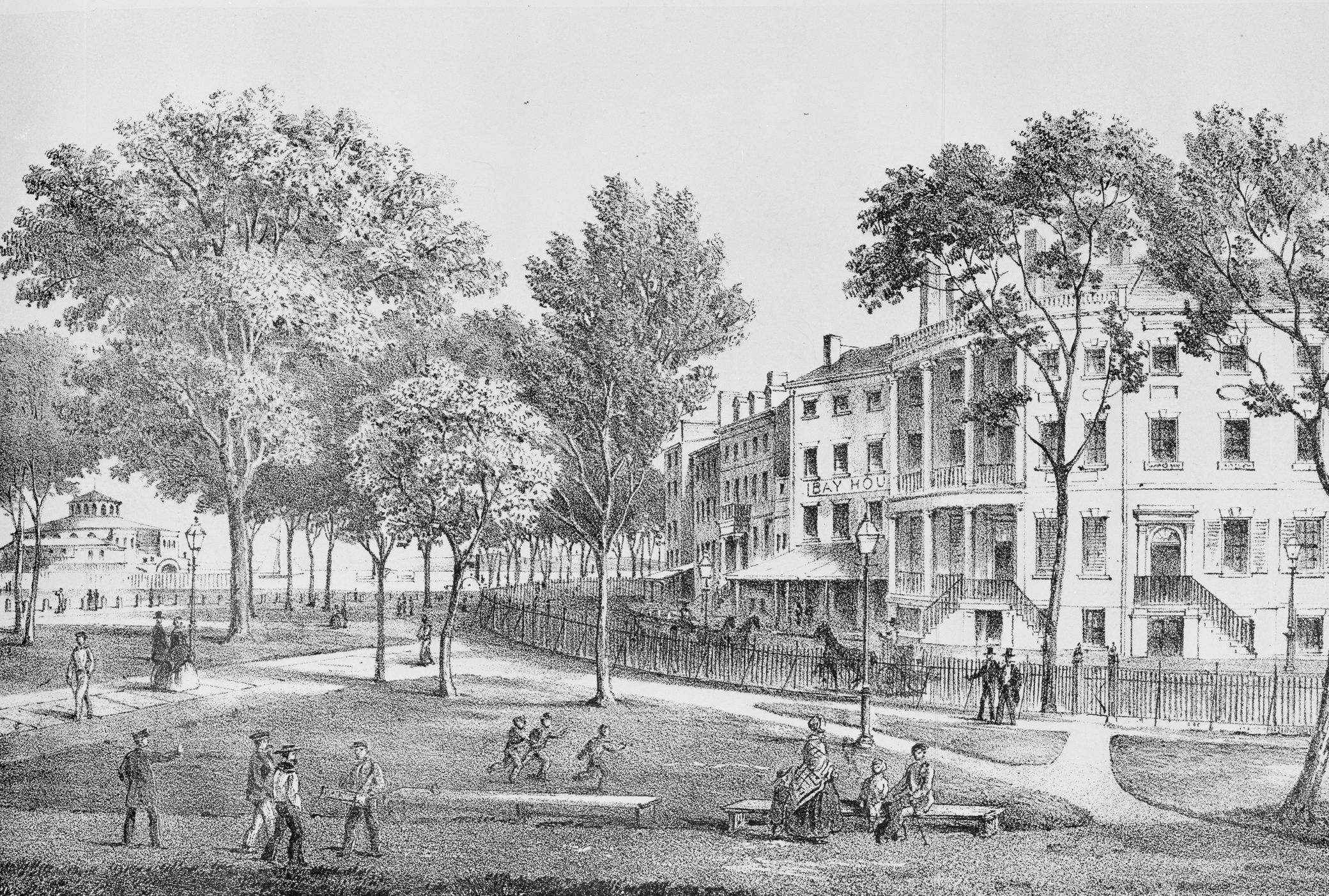
Manual of the Corporation of the City of New York for 1859, David Thomas Valentine. The Metropolitan Museum of Art, Bequest of Charles Allen Munn, 1924.
• On the first Slovak novel, and the author’s “belief in the power of critical examination to better the world”: “How should society be organized to benefit all? Is there only one authentic way to express devotion to God? Should parents decide about their children’s marriage partner or profession? Are reading and writing only for the select few or for everyone?” (Public Domain Review)
• Meet the greatest historian of New York City. (Gothamist)
• How Jane Austen’s writing was “particularly well-suited to training our ‘mindreading’ skills.” (The Conversation)
• On the act of looking in Mrs. Dalloway: “It is, I think, above all unconditional. It has no agenda. In Woolf’s experience, unconditional looking constituted, if not rapture as such, then its precondition.” (London Review of Books)
• “But was Plato really hostile to poets? Or did he, rather, insist on the crucial importance of poetry?” (Boston Review)
• “Shame does not operate in a vacuum. It depends on cultural and psychic structures that make it meaningful—shared symbolic coordinates, common moral horizons, and broadly accepted authorities that can confer legitimacy on judgments of behavior. In earlier periods of liberal modernity, those structures, however contested, still exerted a stabilizing force. But today, the sturdy ground that once formed shame’s foundation has collapsed.” (The New Republic)
• This week in obituaries: Saleh Aljafarawi, Diane Keaton, Kanchha Sherpa, Raila Odinga, Ken Jacobs, D’Angelo, Susan Stamberg, Miss Major, Penelope Milford, Ace Frehley, Joan Kennedy, Drew Struzan, Gilles Larrain, John Lodge, Carolyn Cheeks Kilpatrick, John B. Gurdon, Jackie Burch, Oscar S. Wyatt, Jr., Jean Dolores Schmidt, Ron Dean, Ivan Klíma, and Charles Ray Crawford, who was executed by lethal injection by the state of Mississippi.